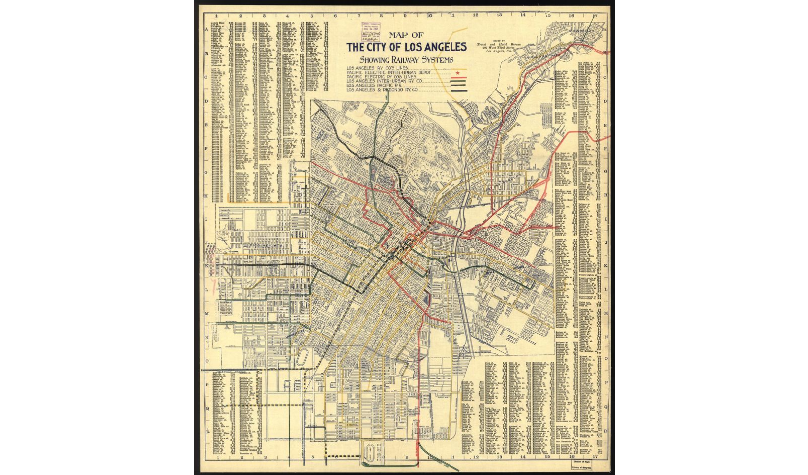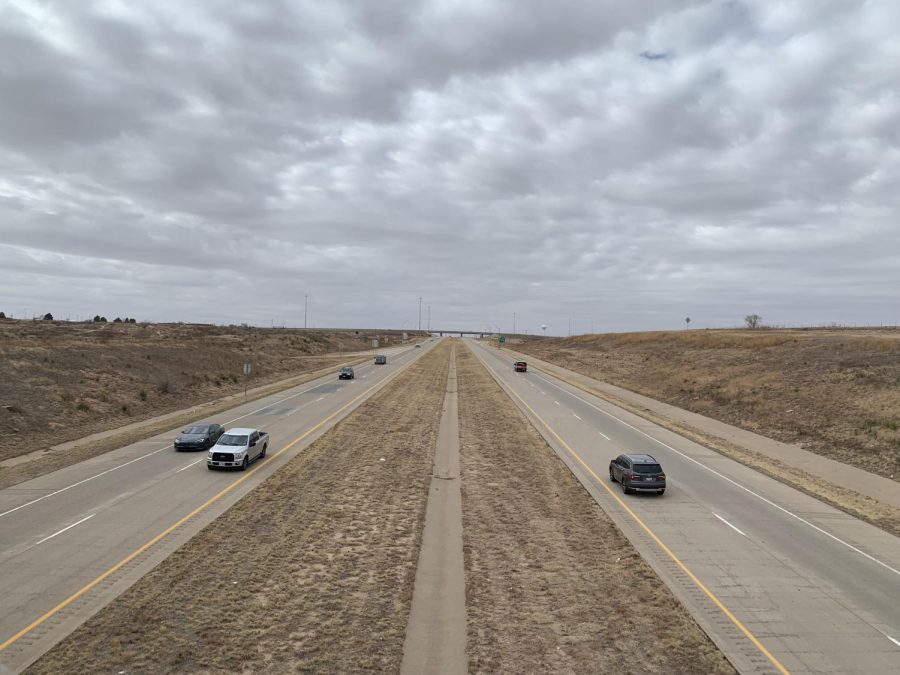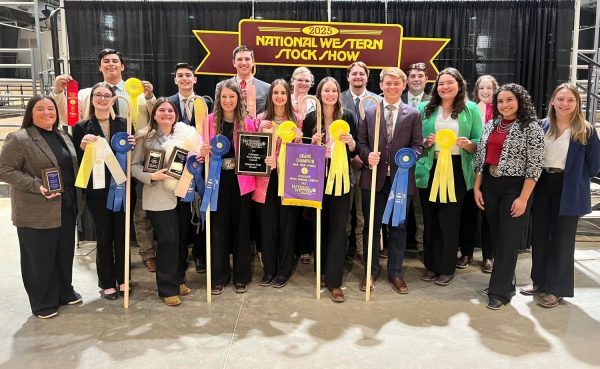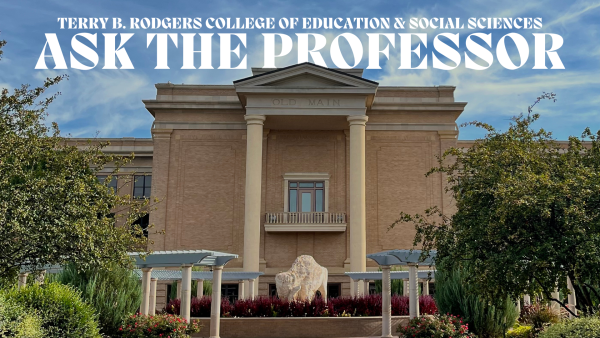America continues to expand its automobile dependance with interstate highways
View of passenger vehicles in the south and northbound lanes of Interstate 27 from East Country Club Road in Canyon.
On March 15, 2022, President Biden signed into law a bill that extends local Interstate 27 from Raton, New Mexico to Laredo, Texas.
Congressman Jodey Arrington for Texas’ 19th Congressional District, Congressman Henry Cuellar for Texas’ 28th Congressional District, with support from West Texas A&M University’s Congressman, Rep. Ronny Jackson, helped push for the Port-To-Plains Alliance’s goal of extending I-27 from Canada to Mexico.
“Expanding and modernizing I-27 through the Texas Panhandle will promote growth by connecting rural areas to the federal Interstate Highway System,” Rep. Jackson said. “Our state is a hub for economic opportunity, and the projects that will stem from this legislation will ensure that remains the case for years to come.”
This extension comes at the behest of America’s infrastructure needing a major upgrade. According to the American Society of Civil Engineers, America’s infrastructure scores a grade of C-minus. The U.S has been slow to pass infrastructure investments in light of political stalemate from the top down. An investment from the federal government will help revitalize the communities surrounding the Port-to-Plains Corridor.
“The I-27 extension is a very important project to connect rural communities,” said Dr. Ming Xie, assistant professor of public administration and emergency management administration at WT. “Both urban and rural communities need to rely on this infrastructure component for their development.”
America’s dependency on cars has caused a problem that can’t be fixed with more investment into vehicle infrastructure. Forty-five percent of Americans have zero access to public transportation of any kind. Community development is directly tied to the idea of roads and bridges created in the 1950s which connect cities to each other, rather than a mixture of both public transportation and roads.
“[The government] emphasizes a lot about economic development,” Dr. Xie said. “For scholars, we are concerned more about the social equity issues.”
Communities are built around the people that inhabit the area. However, government-funded transportation projects don’t always have the best interests in mind.
“Everything is decided based on the cost effectiveness analysis,” Dr. Xie said. “If we cannot generate enough profit from the project, why would we want to do that?”
The second largest city in America, Los Angeles, used to have one of the best electric streetcar networks in the U.S. and gave citizens a way to travel around the booming city in the early 20th century. That was stopped when National City Lines bought up and took over the transit system. It’s worth mentioning that the investors for National City Lines included General Motors, Firestone Tire and Rubber Company, Standard Oil of California, Phillips Petroleum and Mack Trucks. These companies and others helped end this transportation method for thousands of Angelenos.

“There are a lot of ways we can improve the transportation system,” Dr. Xie said. “We can have better public transportation, a bus system, building a more efficient train system or a new train system. Those are all ways to improve or change people’s lifestyles.”
Amarillo and the far reaches of West Texas aren’t densely populated, but they could also stand to benefit from additional forms of transportation besides roadbound vehicles. The only public transportation that exists along the I-27 corridor in Texas are bus lines located in large and small urban transit districts, as well as rural transit systems.
“In China, we have the high-speed trains, which is amazing,” Dr. Xie said. “Right now, a lot of remote villages are connected in the high-speed train system, which is very helpful for the local economic development.”
Rather than spending hours driving from one end of the state to the other, we could travel on high-speed trains. Not only are they faster than driving, but incredibly safer and more accessible to those with disabilities.
“A lot of citizens are not aware of this [I-27 expansion] project,” Dr. Xie said. “I feel like every citizen should be able to express or be informed about this project.”










